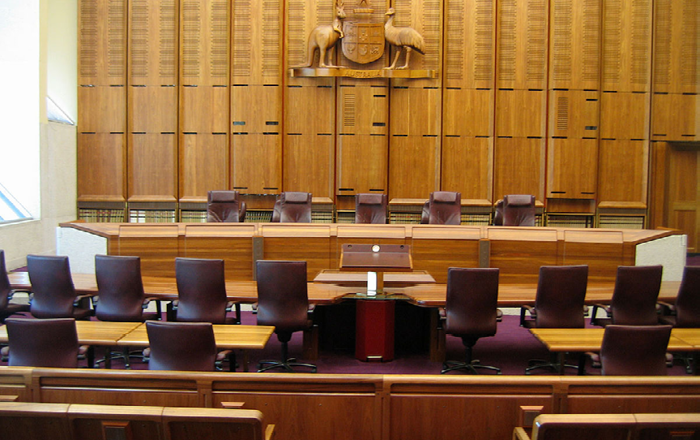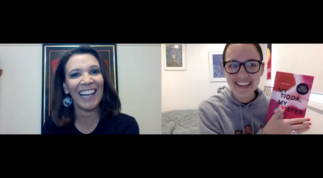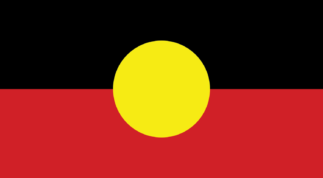CW: domestic abuse, coercive control, workplace sexual harassment
In recent weeks, an internal investigation commissioned by the High Court found that former justice Dyson Heydon had sexually assaulted 6 associates while on the bench of the High Court, between 2003 and 2013. The finding was a stark reminder that even the highest court in the land, which embodies honour and justice, is a place where a toxic culture of misogyny thrives.
This recent finding is far from an isolated incident of misogyny manifesting within our court system. Following a referral made by the Attorney General in 2018, an investigation into Magistrate Richard Pithouse by the Judicial Commission of Victoria exposed events where these misogynistic attitudes negatively influenced judicial outcomes. Seeping into the adjudication of cases, the effects of this toxic culture are felt by those who come before the law seeking justice.
Part of this investigation concerned insensitive comments Pithouse had allegedly made to female victims of sexual assault and family violence while determining their proceedings. Two particular instances were reviewed by the Commission. When referring to a victim of family violence, Pithouse stated “well, it’s her right to get beaten up if she wants to, I suppose, but, yes, go on”. Later, while hearing a claim in the Victims of Crime Assistance Tribunal, Pithouse said the victim of a rape had “put herself in that position”, and he characterised the victim’s attempt to seek out the support of a sexual assault crisis line the following day as “buyer’s remorse”.
These comments perpetuate pervasive and harmful misconceptions around sexual assault and family violence that a victim ‘asks for it’ or ‘brings it on themselves’. This was acknowledged by the Judicial Commission, which found that his comments “could reasonably be construed as victim-blaming” or “appear to blame the victim for the accused’s behaviour.”
While the behaviours of these two members of the judiciary, and their powerful position within the rigid legal hierarchy, are unique, both instances are an alarming confirmation of an underlying malignancy, which former judges associate and advocate Bri Lee describes as “a smell” detectable while working in the legal profession. The effect of this culture throughout the lower rungs of the legal hierarchy should not be underestimated. Magistrate courts deal with over 90% of the cases that reach a court, and often the parties in these cases are not as well represented or resourced, making them more vulnerable. Until we address the internal issues of the legal profession on all levels, we will not be able to ensure just outcomes for victims coming before the courts.


 Megan Rosato has been a volunteer with the Victorian Women’s Trust since 2018, working on women’s representation through the Women in the Life of the City project with the City of Melbourne. When she isn’t grabbing a coffee, Megan is studying postgraduate law at the University of Melbourne Law School and aspires to be Melbourne’s fiercest lawyer.
Megan Rosato has been a volunteer with the Victorian Women’s Trust since 2018, working on women’s representation through the Women in the Life of the City project with the City of Melbourne. When she isn’t grabbing a coffee, Megan is studying postgraduate law at the University of Melbourne Law School and aspires to be Melbourne’s fiercest lawyer.

